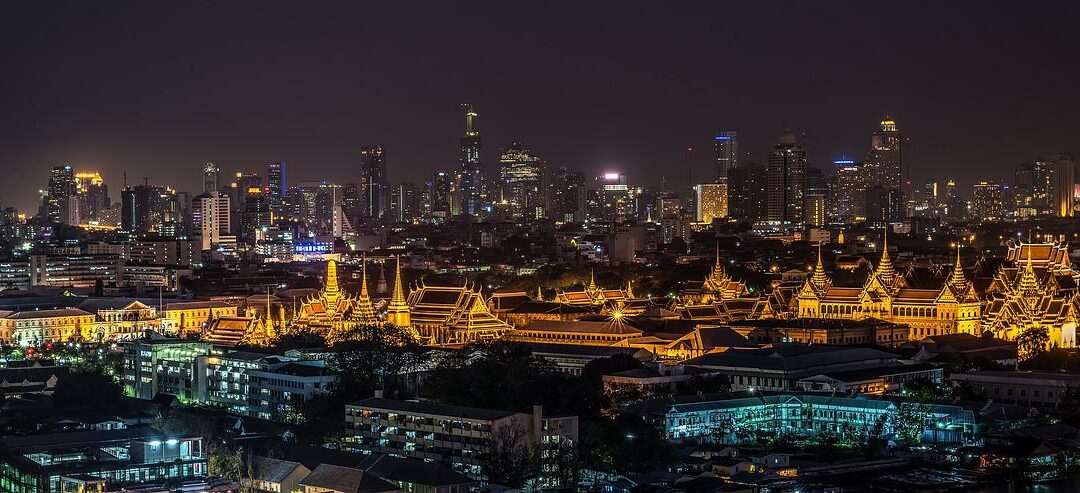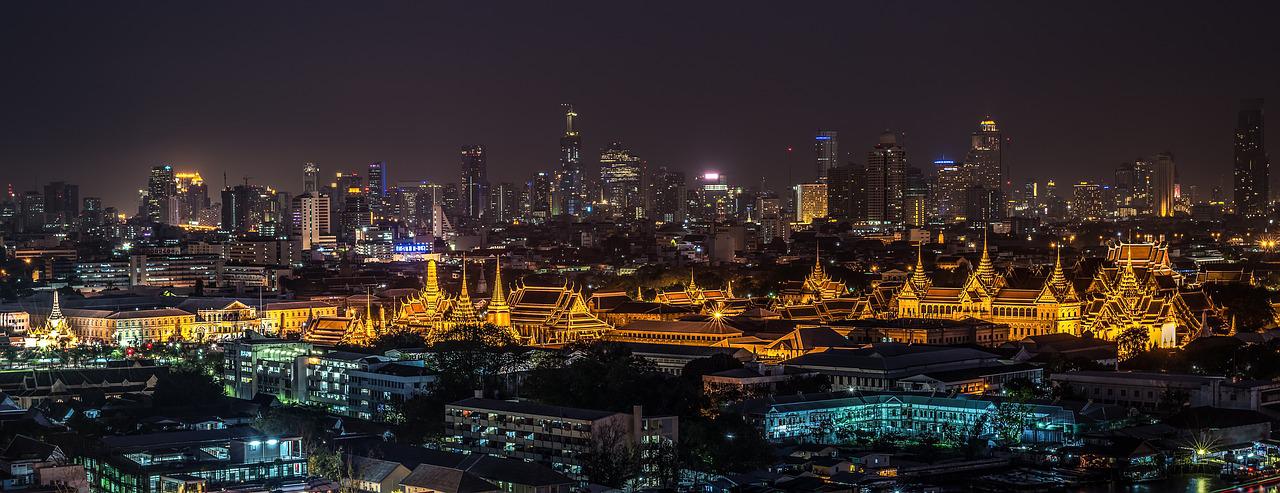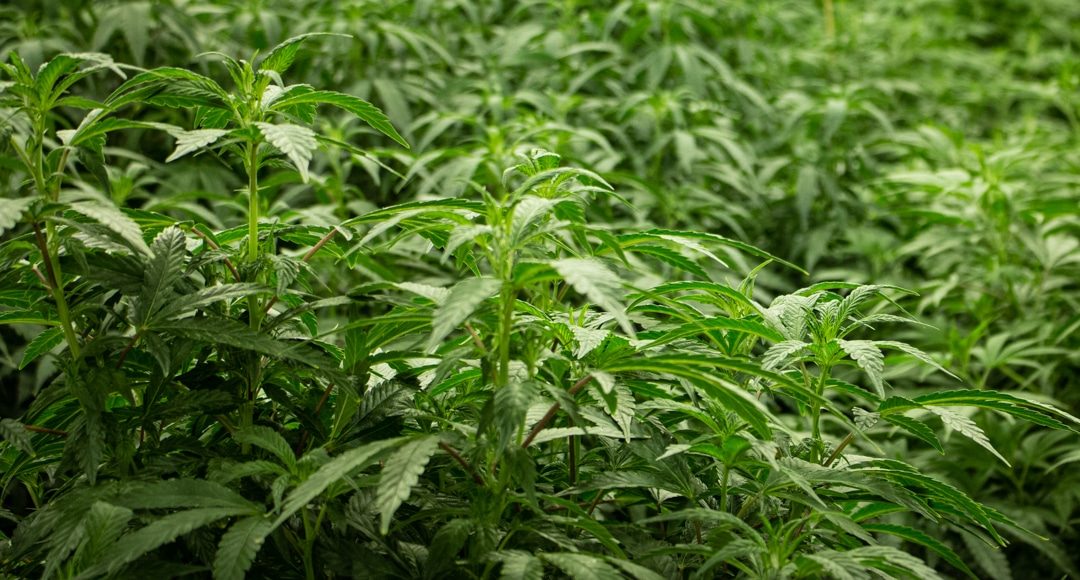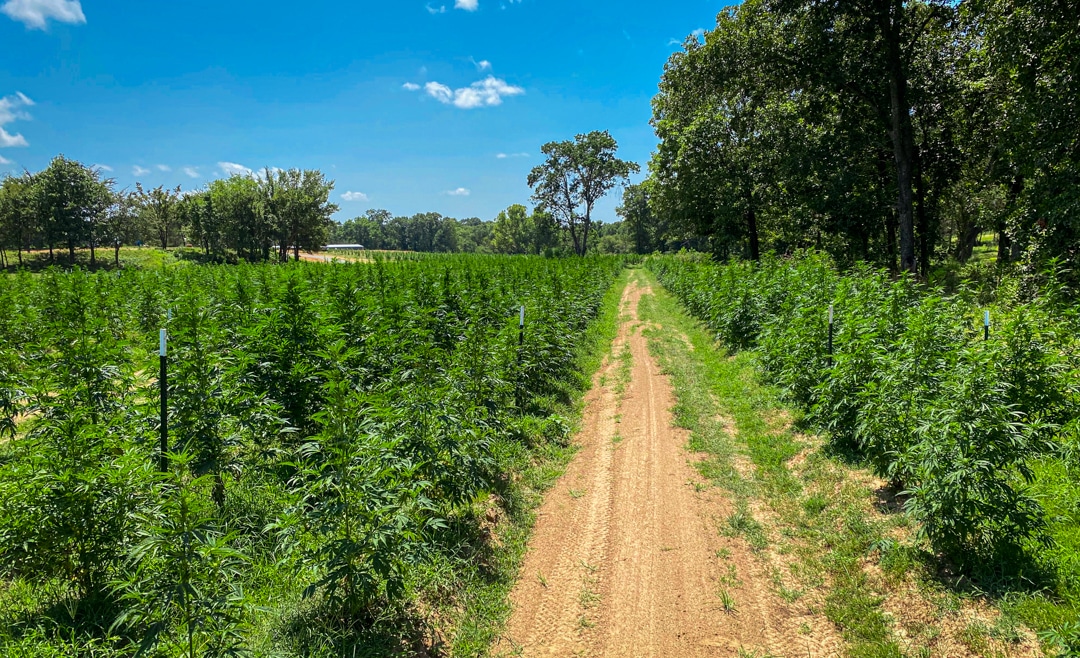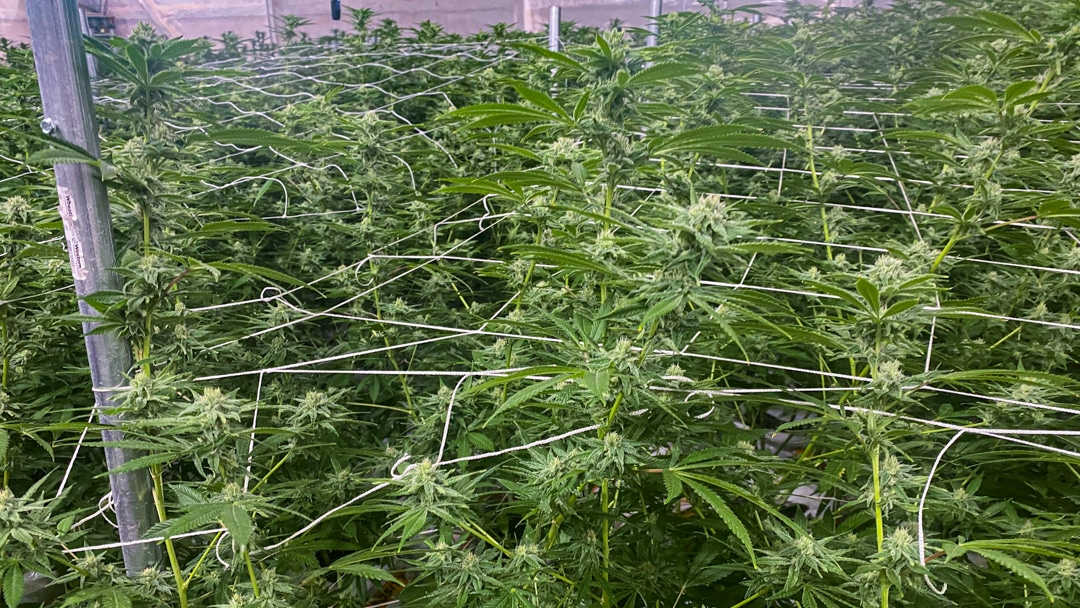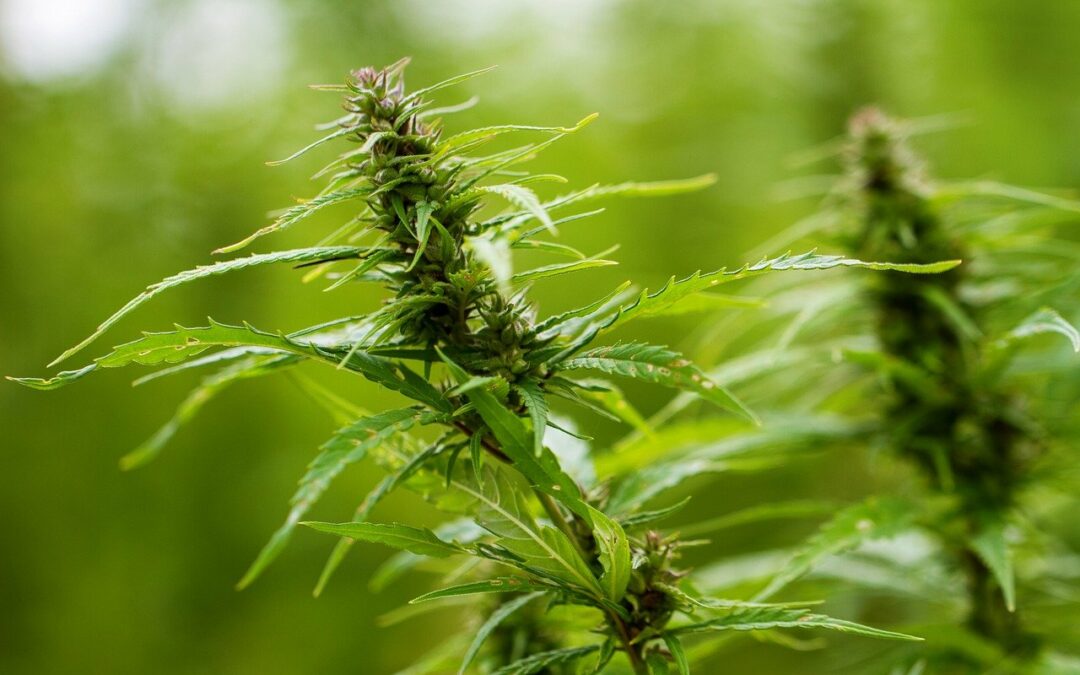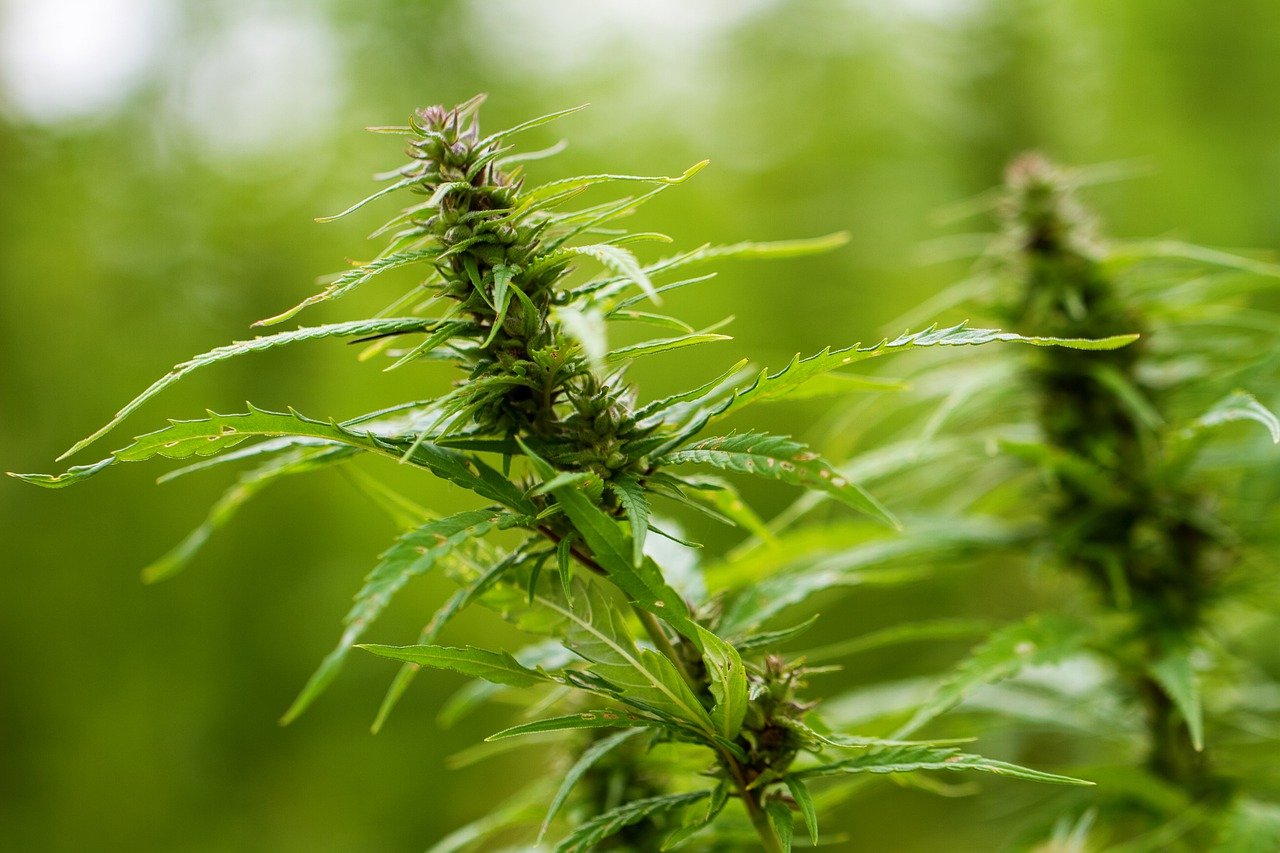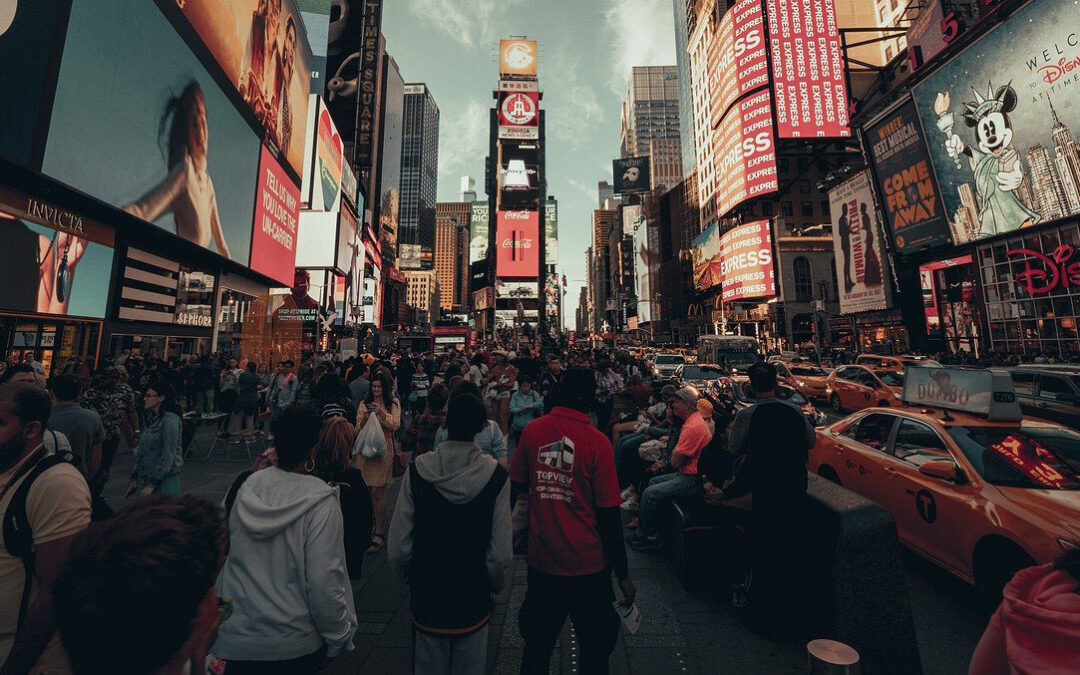
New York OCM behind on staffing essential cannabis positions

With plans for equity license holders to open recreational cannabis dispensaries as early as fall of this year, New York is behind schedule on forming the needed agencies.
To start, the New York Office of Cannabis Management, the main agency overseeing the legal cannabis industry in New York, has yet to hire a Chief Equity Officer. This position would oversee the equity licensees that are slated to open their dispensaries at the end of this year.
Additionally, the 13-member advisory board meant to assist the OCM and the Cannabis Control Board has yet to be filled. The Marijuana Regulation and Taxation Act (MRTA) specified in its legislation that these positions should have already been filled.
Despite the vacancies, the OCM is still committing to rolling out regulations and beginning adult-use cannabis sales this fall.
An OCM spokesman said that the agency is “hard at work” searching for a chief equity officer candidate and that they are “almost at the end of that process.” However there has been little updates on the advisory board which was supposed to start meeting in May.
Aside from issues with filling the various positions needed to begin developing and implementing regulations, there has also been some pushback from the state’s existing medical cannabis industry.
In an investigative piece conducted by Syracuse.com, patients have been experiencing long delays to enroll in the medical program. Many are unable to get the care they need.
Meanwhile, the OCM has had a slew of technology issues and has been ignoring patient concerns (according to the patients) while trying to catch up after a delayed start in establishing the recreational marketplace.
Last but certainly not least, the state has handed out nearly 150 conditional cannabis cultivation licenses to hemp farmers across the state, in an effort to produce recreational cannabis so that dispensaries could actually have product in the fall.
With more than half of those licensees being permitted in just the last month, it will be a tight timeline to harvest and process enough cannabis to meet the demand of what will likely become the largest cannabis industry in the country.

